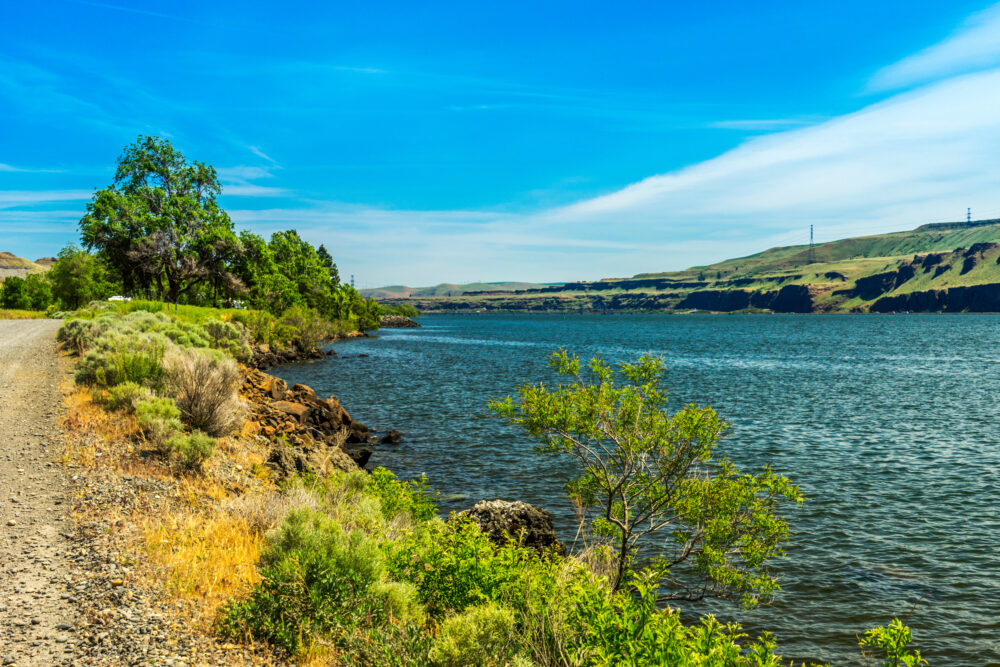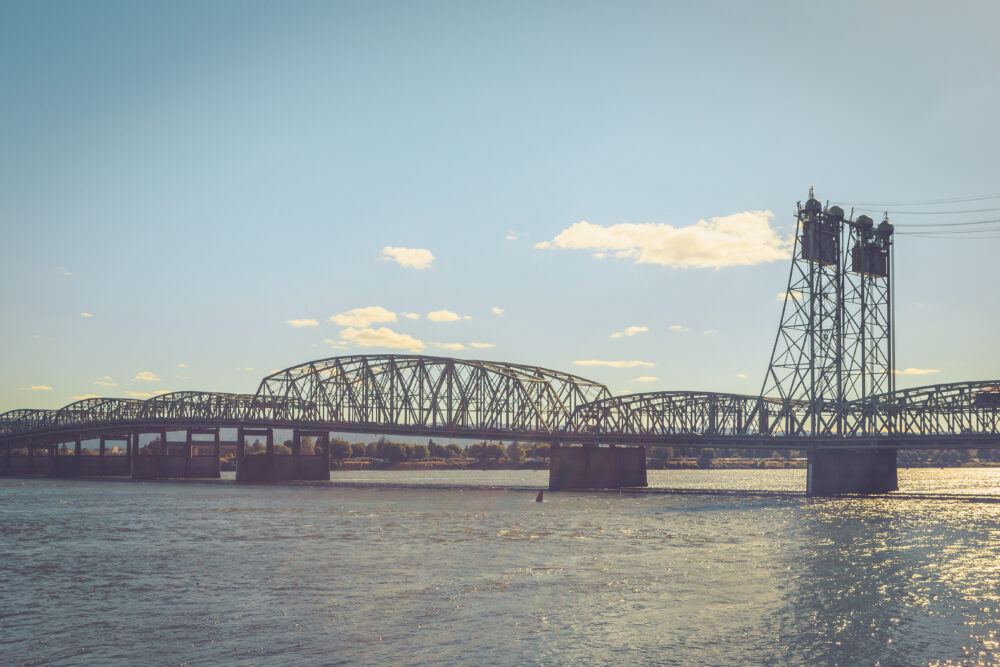Exploration and Settlement Beginnings
Vancouver, Washington, boasts a rich heritage, woven with tales of exploration and settlement dating back to the early 19th century. It all commenced with the intrepid journeys of European explorers such as Lewis and Clark, who charted their course westward. In 1805, the expedition led by Lewis and Clark’s Corps of Discovery found solace near present-day Vancouver, marveling at its scenic beauty and strategic perch along the Columbia River.
Fort Vancouver and the Hudson’s Bay Company
A pivotal chapter in Vancouver’s narrative unfolded with the establishment of Fort Vancouver by the Hudson’s Bay Company in 1824. This trading post swiftly transformed into a bustling center of commerce, attracting a diverse array of individuals, from indigenous tribes to European settlers. Serving as a nexus for trade, agriculture, and diplomacy, the fort left an indelible mark on the region’s development.
The Oregon Trail and Expansion
As the Oregon Trail gained traction in the mid-19th century, Vancouver emerged as a crucial waypoint for westward-bound pioneers. Its strategic location spurred its evolution into a bustling hub for trade and transit. The year 1857 witnessed Vancouver’s official incorporation as a city, marking a significant milestone in its journey.
Civil War and Reconstruction
During the Civil War era, Vancouver played host to a substantial military presence. The Vancouver Barracks assumed a pivotal role as a supply depot and training ground for Union forces. Post-war, the city underwent a phase of rejuvenation and growth, as returning soldiers and their families settled in, enriching the cultural tapestry of the area.
Economic Expansion and the 20th Century
The dawn of the 20th century ushered in further economic prosperity for Vancouver. Thriving industries such as shipbuilding, manufacturing, and agriculture solidified its standing as an economic linchpin within Washington State. Notably, during World War II, Vancouver made significant contributions to the war effort, with the Kaiser Shipyards churning out Liberty ships at an impressive pace.
The Name Conundrum
A fascinating facet of Vancouver’s history lies in its shared nomenclature with its Canadian counterpart, Vancouver, British Columbia. Both cities pay homage to the British explorer George Vancouver. Yet, to circumvent confusion, Vancouver, Washington, is often colloquially referred to as “Vancouver, WA,” underscoring the intertwined heritage of the two locales.

Modern Era and Cultural Flourish
In recent decades, Vancouver has continued its trajectory of growth and diversification. It has blossomed into a culturally vibrant city, characterized by a thriving arts scene, esteemed educational institutions, and a strong sense of communal identity. Its close proximity to Portland, Oregon, has further fueled its allure as a coveted locale for residency and employment.

In summation, Vancouver, WA, boasts a narrative that spans centuries, from its humble origins in exploration to its pivotal role in trade, transit, and wartime endeavors. Its evolution into a modern metropolis reflects its resilience and adaptability, serving as a testament to the enduring spirit of its inhabitants and its enduring place within the fabric of the Pacific Northwest.
